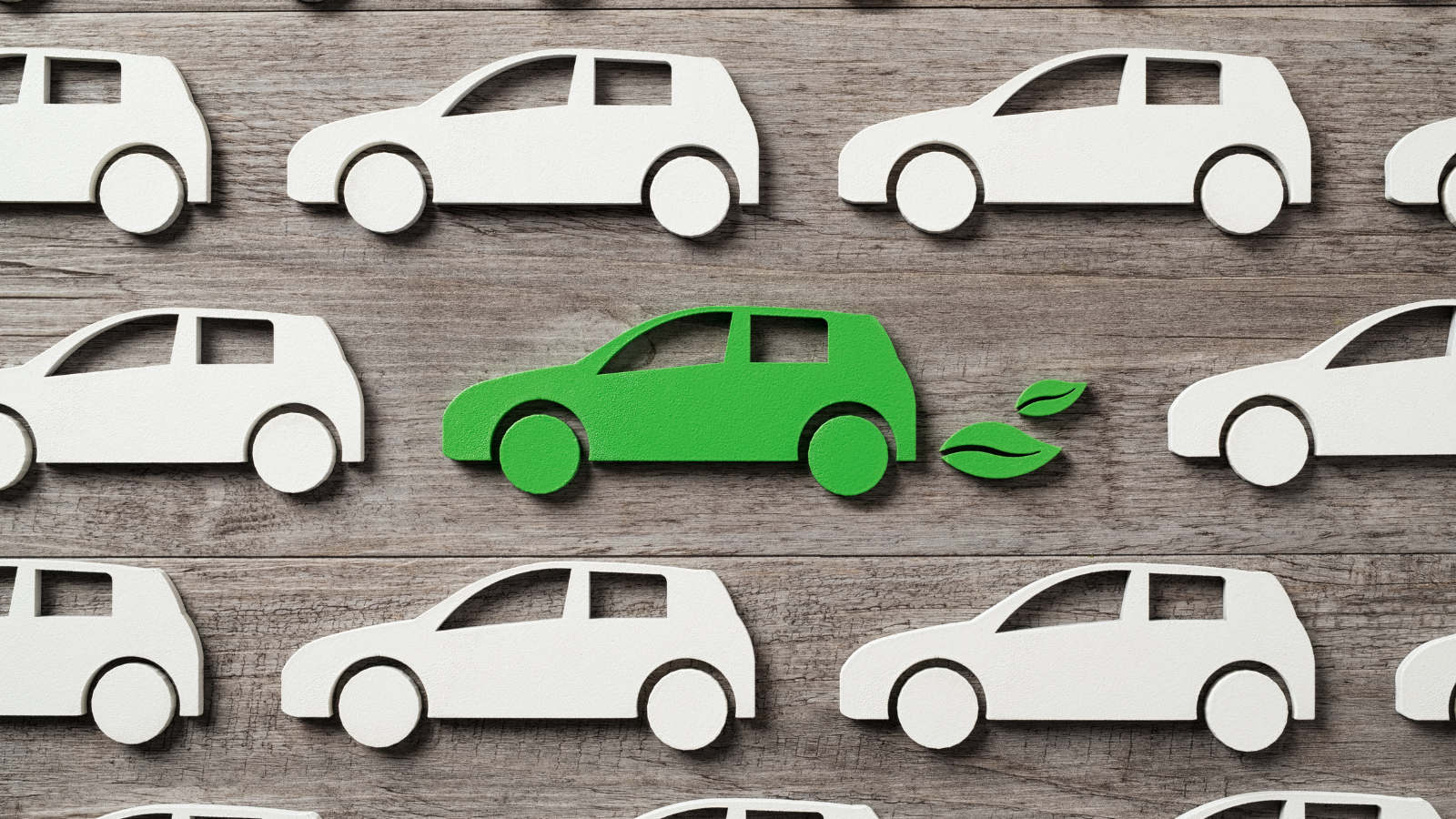The Economic and Social Implications of the Radical Embrace of Electric Vehicles
The radical embrace of electric vehicles (EVs) and the ban on traditional cars may have unintended consequences for the economy and affordability of transportation. The push for EVs, driven by environmental goals, could threaten the mobility of middle- and working-class individuals, as EV prices remain high and options limited. Moreover, the transition to EVs may accelerate the deindustrialization of Western countries, benefitting China's dominance in EV production and rare-earth minerals. The environmental benefits of EVs may also be overstated, with minimal impact on global temperatures and the reliance on mining minerals in countries with harsh working conditions. It is crucial to consider a balanced approach to emission reduction and explore diverse technologies rather than solely relying on EVs.
Biden administration's ambitious clean hydrogen strategy aims to increase domestic production by 400% in less than 30 years.
The deployment of battery-electric trucks in North America has been hindered by significant infrastructure issues, as discussed by Voltera CEO Matt Horton in a conversation with Jim Park, equipment editor.
An international high-speed charging standard for heavy-duty electric trucks is closer to becoming a reality as the United States and the European Union (EU) have agreed on a shared vision for standardization.
Nikola Corp.’s Tre hydrogen fuel cell electric truck is soon to be commercially available after CARB’s recent certificate of compliance to its most recent emissions standards required for sale in California.
Mining and refining lithium, nickel, cobalt, graphite, manganese, rare earth elements, and other critical green-energy minerals are the key to maintaining a “top-dog” position in the electric vehicle market.
With inflation and high-interest rates crippling bank accounts across the nation, the electric vehicles business is expecting continued business issues into 2023.
By being the top dog in mining and refining lithium, nickel, graphite, rare earth elements, and other essential green-energy minerals - China has led the pack for years.
The two American automakers are squaring off for the country’s EV market and have announced plans for nationwide charging networks for their vehicles.
The European Union has already banned the sales of new combustion engine-powered vehicles by 2035, and now it’s expected that they are tightening that leash.
Uber’s popular ride-sharing app is now offering a specification for an electric vehicle pick-up.












The growth of electric vehicle sales in the U.S. has started to taper off as dealer lots become filled with unsold battery-powered models.